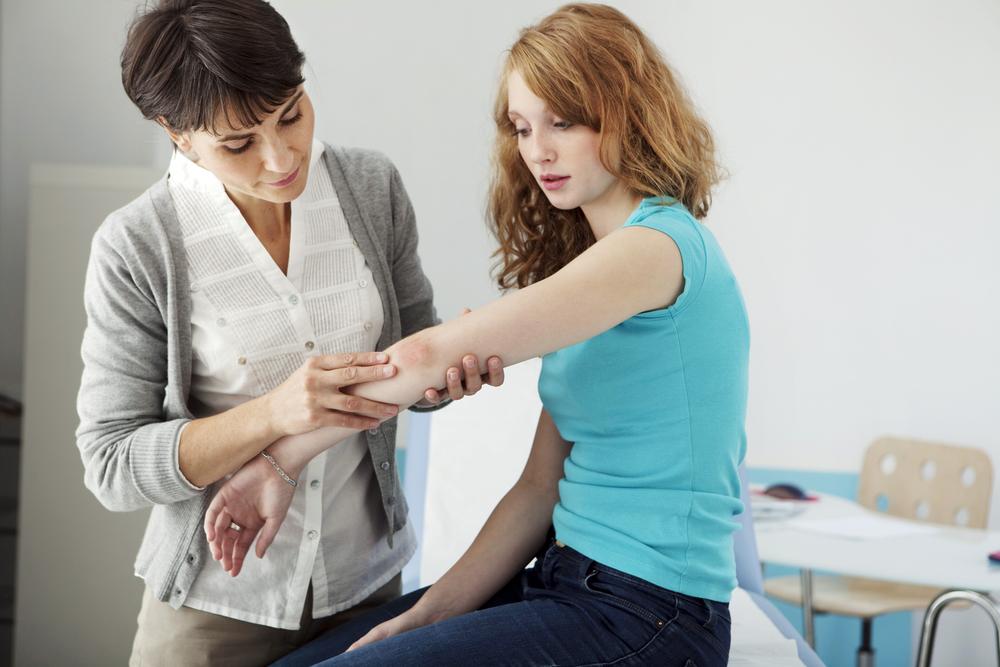4 Significant Things You Must Know About Plaque Psoriasis
Plaque psoriasis is a chronic skin disease which is characterized by the appearance of elevated and scaly rash-like patches that are often red and inflamed. It is an autoimmune disease that is caused by immune dysfunction. Typically, a person who falls victim of this skin disease will see plaques of elevated skin on the elbow, the scalp, and the knees, though in some cases it might affect other skin areas of the body as well. It is found that plaque psoriasis is a very common skin disease that affects about 2 to 3% of the population.
Causes of plaque psoriasis
- It is still not clear about what is the exact cause of plaque psoriasis.

Triggers and the risk factors associated with plaque psoriasis
- Though it is an autoimmune skin disease, there are certain environmental triggers that kickstart the activation of this skin disease.
Symptoms of plaque psoriasis
- One of the first symptoms of plaque psoriasis is spotting of small red bumps that join and form an elevated and inflamed patch of skin.
- This patch of skin is generally itchy. In some cases, the skin also becomes scaly and flaky.
- Keep in mind that plaques can be just a few tiny bumps or it can be a full-fledged area that is covered with multiple tiny bumps.
- Most patients who suffer from plaque psoriasis complain that the skin disease goes through cycles, which means that for few weeks the disease might flare up and then the next few days it might completely disappear, only to reappear again after a while.
- Dry skin, swollen or stiff joints, and abnormally thickened nails are some other symptoms of plaque psoriasis that might indicate that you are suffering from plaque psoriasis.
Natural treatment options
- If you are suffering from a mild case of plaque psoriasis, then you can simply seek the help of some home remedies to manage the symptoms of plaque psoriasis.
- However, if you feel that your skin condition has become severe, then you must go for a medical treatment and use the home remedies as a complementary therapy for plaque psoriasis.
- Using a good moisturizer will help in keeping the scaly skin soft and to reduce the itching sensation.
- An Epsom salt bath will also help in soothing the skin and getting rid of the flaky skin. The Epsom salt gently detoxifies your skin and give you softer skin.
- Sunlight is said to be beneficial in quick healing of plaque psoriasis so you can consider sunbathing. Having said that, keep in mind, in some people sunburn or overexposure to sunlight could be the trigger that caused the condition in the first place. In such cases, it is better to avoid sunlight.
- Maintaining a healthy weight might also help you keep the symptoms of plaque psoriasis in control.
Fortunately, plaque psoriasis is not contagious, which means that you need not worry about contracting it by coming into physical contact with people who are suffering from it. With an early plaque psoriasis diagnosis, proper medical treatment, and by implementing some positive habits, you can easily manage and control the skin disease.

